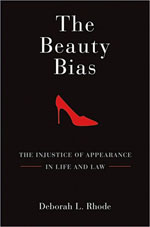Catherine Asaro on Her Physics-Inspired Science Fiction

Catherine Asaro, the bestselling science-fiction author, uses concepts from physics and math to inform the fantastical stories of her characters. In a recent interview with Big Think, Asaro describes how one of her books, “Quantum Rose”—a retelling of “Beauty and the Beast” in a fantasy setting—uses Quantum Scattering Theory to describe the characters’ relationship to one another: “They were coming around, orbiting each other, bouncing off, you know, we were having coupled channel interactions,” she explains.
Having received a PhD from Harvard in Theoretical Atomic and Molecular Physics, Asaro says she often uses her characters to describe complicated ideas in physics and math: “If it’s a really neat idea that I want to get across, I might have a character do something like think, ‘I don’t understand how this is going to work. And if I can’t figure it out, you know, something terrible is going to happen, like an explosion will occur.’ So I’ll use the character having to figure it out to show the principle I’m trying to show.”
The novelist’s passion for science came in a similar way: One morning she found herself in her university’s library, reading a book on electronic structure. Hours passed, and the pages kept turning. “I was just so enthralled by the subject and I knew then, I mean, that was definitely my Eureka! moment. That’s what I wanted to do.”





